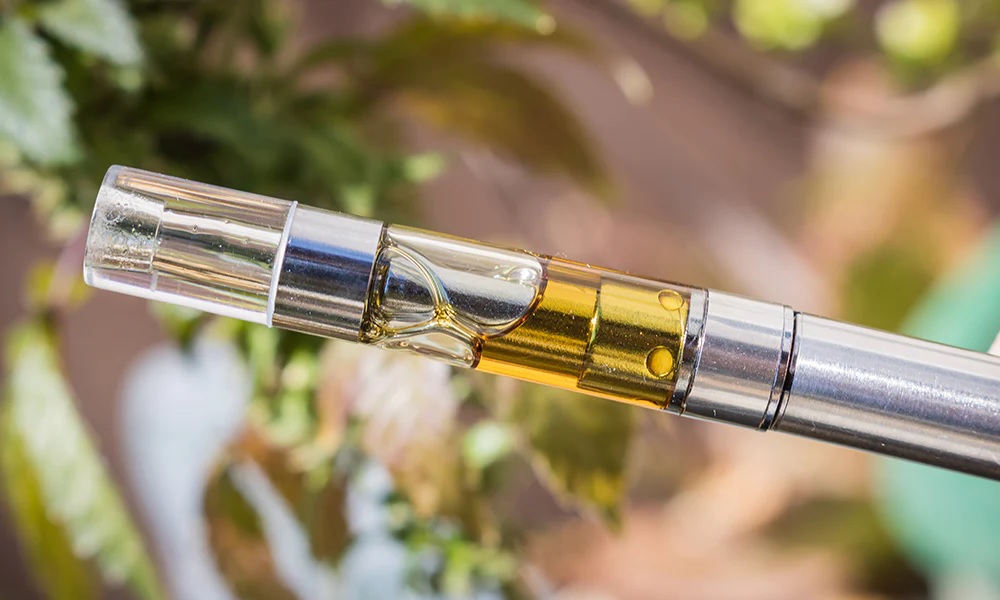THC is the primary psychoactive compound found in cannabis. When consumed in edible form, THC is metabolized by the liver, converting it into a more potent compound called 11-hydroxy-THC. This process is longer-lasting high compared to cannabis consumption. THC edibles offer several benefits. At low doses, THC is reported to promote relaxation, reduce anxiety, and enhance introspection. These effects quiet their minds and achieve a deeper meditative state.
However, THC edibles must vary significantly from person to person. Individual tolerance, metabolism, and the specific product consumed all impact the experience. As such, it’s crucial to approach the combination of THC edibles and meditation with caution and self-awareness.
Potential benefits of combining THC edibles
- Dosage and tolerance
The most significant risk of using THC edibles for meditation is the potential for overconsumption. Edibles are more potent and longer-lasting forms of cannabis consumption, and it is challenging to gauge the appropriate dosage. Consuming too much THC lead to adverse effects such as anxiety, paranoia, and impaired cognitive function, which is meditation? It’s crucial to start with a low dose and ample time for the effects to set in before consuming more. It’s also important to know your tolerance and adjust your dosage accordingly.
- Dependency and habit formation
They are potential for developing a dependency on THC edibles for meditation. While cannabis is not typically associated with physical dependence, psychological dependence occurs. If you find yourself relying on THC edibles to meditate effectively, it may be worth reassessing your approach and considering alternative techniques.
- Legal and social implications
It’s essential to be aware of the legal status of cannabis in your area and any potential social or professional implications of using THC weed edibles. In some regions, cannabis remains illegal, and consuming THC edibles could result in legal consequences. Additionally, the use of cannabis may be stigmatized in certain social or professional circles, so it’s essential to consider these factors before incorporating THC edibles into your meditation practice.
- Individual variability
As mentioned earlier, the effects of THC edibles vary from person to person. Some individuals may find that THC enhances their meditation practice, while others may experience adverse effects such as anxiety or mental fog. It’s essential to approach the combination of THC edibles and meditation with self-awareness and to listen to your body and mind.
Tips for incorporating THC edibles into your meditation practice
- Start with a low dose- Begin with a low dose of THC (2.5-5mg) to gauge your tolerance and minimize the risk of adverse effects.
- Allow ample time- Wait at least 2 hours after consuming an edible before meditating to allow the effects to set in fully.
- Meditate in a comfortable environment– Choose a safe, comfortable space where you can meditate without interruptions or distractions.
- Set intentions– Before consuming edible, set clear intentions for your meditation practice and remind yourself of these intentions throughout the experience.
- Practice self-awareness– Pay attention to your body and mind; if you experience any discomfort or adverse effects, stop meditating and focus on grounding yourself.
- Integrate insights- Reflect on any insights or experiences after your meditation and consider how you incorporate these into your daily life.
THC edibles are not a necessary component of a successful meditation practice. Many individuals find that traditional mindfulness techniques, such as focusing on the breath or practising loving-kindness, are sufficient for cultivating a deep and meaningful meditation practice.





